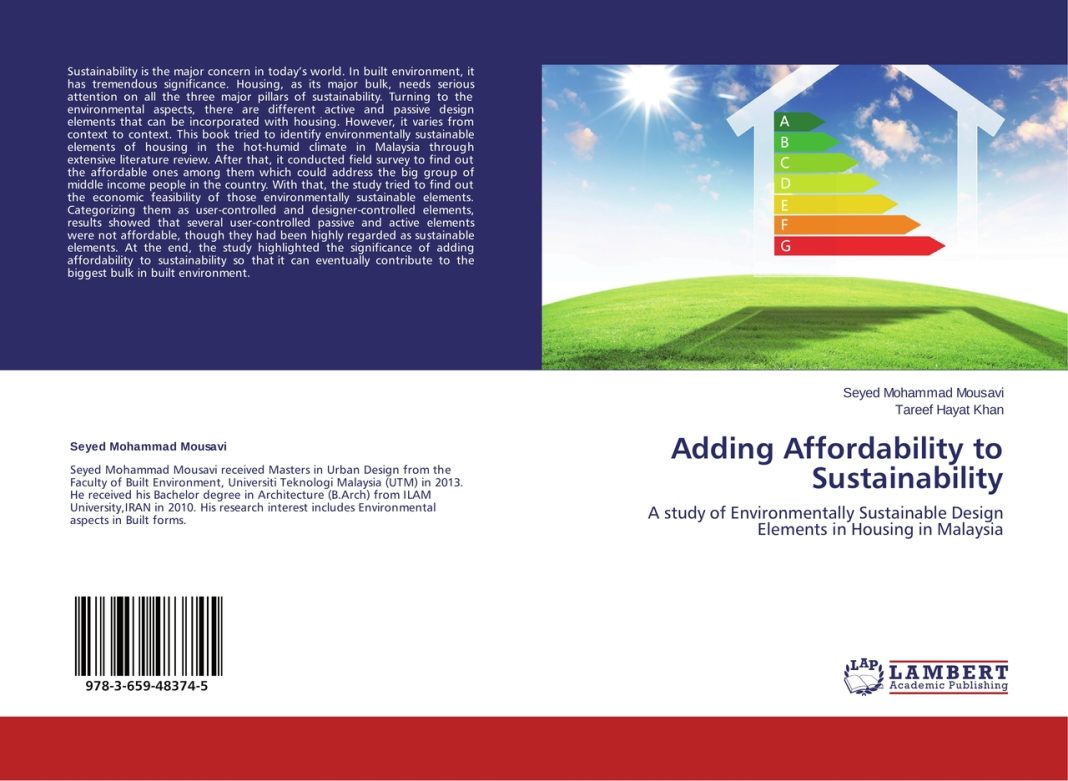 The Rise of Functional Beverages: A Shift in Consumer Preferences
The Rise of Functional Beverages: A Shift in Consumer Preferences
Introduction:
As more Americans express a desire to reduce their alcohol consumption, beverage makers are seizing the opportunity to promote the health benefits of their drinks. Recent figures from data insights company NCSolutions reveal that over 40% of Americans are actively trying to drink less alcohol in 2024, a significant increase from 34% the previous year. This trend is even more prevalent among Generation Z, with 61% of them planning to drink less alcohol in 2024 compared to 40% in 2023. The growing health consciousness among younger consumers, coupled with the aging of generations that traditionally consume more alcohol, has fueled the interest in nonalcoholic drinks. Sherry Frey, a wellness expert at Nielsen IQ, explains that this shift has contributed to the rise of functional beverages that go beyond hydration or the nostalgic taste of alcohol. These functional beverages often incorporate adaptogens, herbs marketed for their health benefits, and even substances like THC for mood-altering properties. This global phenomenon is expected to drive the functional beverages market to reach $249.5 billion by 2026, according to research by Euromonitor.
The Appeal of Functional Beverages:
Functional beverages have seen a significant surge in popularity, both in grocery stores and on restaurant and bar menus, particularly after the pandemic. According to NielsenIQ, retail sales of functional beverages in the U.S. exceeded $9 billion in the 52 weeks ending March 30. This accounts for nearly 10% of total beverage sales, excluding cannabis drinks. Aaron Nosbisch, founder of cannabis and adaptogenic drinks company Brez, believes that once brands can create consistent and effective experiences, the majority of the market share will shift towards functional alcohol alternatives. However, it’s important to note that the growth of functional beverages does not signify the end of alcohol consumption altogether. Research from consulting firm BCG reveals that around 80% of those who purchase nonalcoholic beverages also buy alcoholic drinks. Nic Zhou, BCG managing director and partner, explains that functional beverages provide consumers with more choices, allowing them to socialize and feel part of a group without necessarily consuming alcohol.
The Role of Younger Consumers:
Younger consumers have been major drivers of the functional beverage trend. Among all generations, Gen Z consumers over the age of 21 have the lowest alcoholic beverage penetration, according to Numerator data. However, it’s still too early to determine whether this trend will persist or if it’s a result of coming of age during the pandemic when there were limited opportunities for group socializing with alcohol. It’s crucial not to overlook the interest from older generations as well. Baby boomers, in particular, possess significant spending power and are also reducing their alcohol consumption, seeking alternative options. Jake Bullock, founder and CEO of cannabis drink company Cann, suggests that the availability of health and wellness information on devices such as Apple Watches and iPhones has encouraged people to consider the potential harms of alcohol more than they would have 20 years ago.
Consumer Demand for Health Benefits:
Consumer interest in health and wellness has risen during the pandemic and continues to be a priority. Nielsen IQ’s research, conducted every six months, consistently finds that health and wellness are top concerns for consumers. However, the focus has shifted from seeking remedies for specific ailments to aiming for overall well-being, with the goal of living longer and better. Functional beverages have gained popularity by offering benefits such as higher energy levels, improved digestive and brain health, and mood enhancement. A survey conducted by Datassential reveals that three-quarters of respondents believe functional foods and beverages can contribute to a longer and healthier life without the need for drastic dietary changes. Jordan Bass, CEO and founder of adaptogenic beer alternative brand Hop Wtr, explains that consumers are looking for products that provide both great taste and functional benefits, offering added value. This demand for health benefits not only positions functional beverages as alternative options to alcohol but also to sugary sodas, as consumers become more mindful of their sugar intake.
Navigating Uncertainties and Legalities:
While functional beverages hold promise, it’s important to approach their health benefit claims with caution. Many of these claims are not subject to FDA review, similar to vitamins and supplements. Nic Zhou emphasizes that the functional beverage space is not straightforward and requires careful evaluation. Poppi, a functional soda brand that promotes digestive benefits, is currently facing a lawsuit challenging its claims of prebiotic benefits. Beverage makers need to ensure safety and accuracy in their claims to maintain consumer trust. As the functional beverage industry expands, new challenges will arise, such as determining safety standards and regulations. Aaron Nosbisch acknowledges the need to ensure safety as functional alternatives continue to emerge. This next chapter in the industry will involve addressing these concerns.
The Rise of Cannabis Drinks:
One of the key challenges with nonalcoholic beer and spirits is that they lack the “fun” aspect associated with alcohol. Consumers who want to prioritize health and eliminate hangovers still desire the social buzz that alcohol provides. This is where cannabis drinks have gained traction. Companies like Brez and Cann offer THC-infused beverages that provide a similar experience to consuming alcohol or coffee. The ability to consume THC and CBD in microdoses, similar to the way alcohol is consumed, allows individuals to pace themselves, with effects kicking in and wearing off more quickly compared to edibles. This makes cannabis drinks appealing even to non-cannabis users. Aaron Nosbisch reveals that 80% of Brez’s customers are non-cannabis users seeking a true alcohol alternative. Cann, which launched in cannabis dispensaries in 2019, has expanded its distribution to liquor stores and convenience stores as cannabis legalization spreads. The company’s growth potential is evident, with 60% year-over-year growth and over 9 million cans sold since its launch.
The Future Depends on Cannabis Legalization and Big Beverage Manufacturers:
The future of the functional beverage market and its potential to shift consumer behavior ultimately hinges on two factors: the buy-in from big beverage manufacturers and the extent of cannabis legalization. The forecasted revenue for the cannabis market is projected to reach $42.98 billion in 2024. The growth potential increases as President Joe Biden’s administration moves to ease federal restrictions on marijuana and potentially reclassify it alongside drugs like Tylenol with codeine and testosterone. However, it’s essential to note that marijuana remains illegal at the federal level. Cannabis drinks currently use THC derived from hemp, which has different regulations. Safety standards and regulations surrounding functional beverages will continue to evolve as the industry grows.
Conclusion:
The rise of functional beverages represents a significant shift in consumer preferences as more Americans seek alternatives to alcohol. Younger consumers, in particular, are driving this trend, with Gen Z exhibiting the lowest alcoholic beverage penetration among all generations. Consumer demand for health benefits, coupled with increased health consciousness and wellness information availability, has fueled the popularity of functional beverages. Companies are capitalizing on this trend by offering drinks that provide not only great taste but also various functional benefits. However, it’s crucial for beverage makers to ensure safety and accuracy in their claims, as the functional beverage industry faces uncertainties and legal challenges. The emergence of cannabis drinks presents a unique opportunity for consumers to experience the social buzz without the drawbacks of alcohol. The future growth of the functional beverage market will depend on the buy-in from big beverage manufacturers and the extent of cannabis legalization. As the industry evolves, addressing safety concerns and regulatory standards will be paramount.


